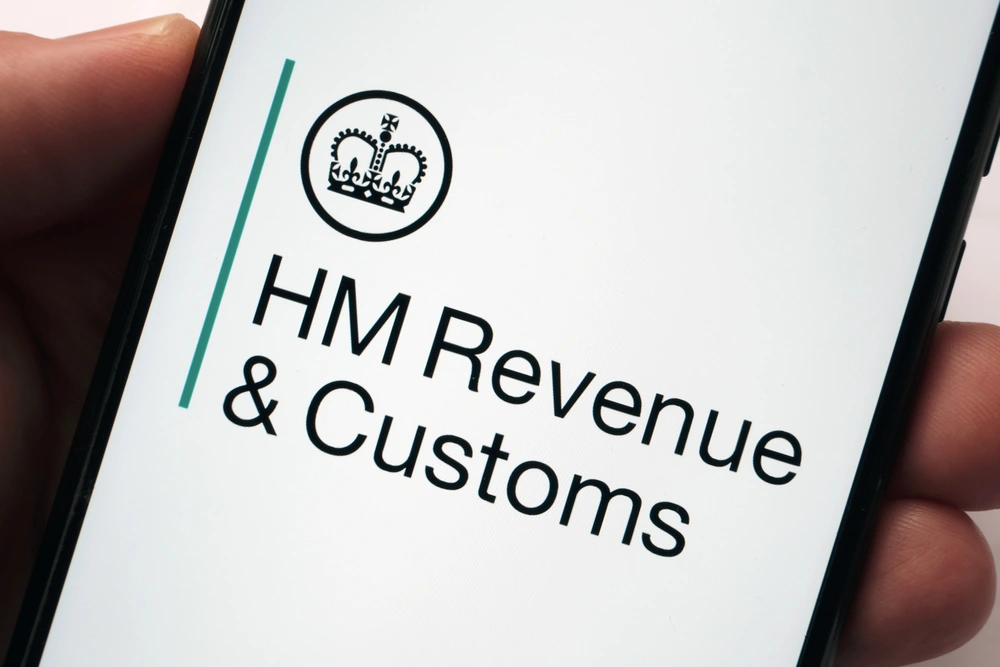If you're a foster carer looking to buy your first home or move to a new one, you might feel a little overwhelmed by the mortgage process. The paperwork, the meetings, and finding the right deal can seem like a big challenge, and things as a foster carer can sometimes be a bit more complicated when applying for a mortgage.
We’re here to help you understand the process and how to navigate the unique hurdles foster carers face.

Can I get a mortgage as a foster carer?
Yes, you can absolutely get a mortgage as a foster carer in the UK. For the most part, the criteria to be approved are the same as anyone else.
Most lenders will require you to have been fostering for a minimum of six months, however some specialist lenders may accept less than this. The mortgage criteria are likely to differ from one lender to the next, so it’s a good idea to shop around.
Why can it be harder for foster carers?
It can be harder for foster carers to get a mortgage primarily due to how their income is treated by HMRC and how lenders assess affordability. Here are the main reasons:
-
Self-employed status: Foster carers are considered self-employed by HMRC, which means they are responsible for filing annual tax returns. This self-employed status can be a red flag for some lenders, who often view it as less stable than traditional employment, even though foster carers may have consistent income.
-
Tax relief: Foster carers receive significant tax relief on their income, meaning much of what they earn is tax-free. This can reduce the taxable income figure they report, making it appear lower than their actual earnings. Lenders might mistakenly view this as a reduced ability to afford mortgage repayments.
-
Inconsistent understanding among lenders: Not all lenders are familiar with how foster care income works, or how to properly account for the tax relief. This lack of understanding can lead to rejections or more difficult applications for foster carers, even though they may be financially capable of affording a mortgage.

How to get around the issue
The good news is, while it can be trickier, it’s definitely possible for foster carers to get a mortgage. There are lenders out there who understand the unique financial situation of foster carers and take that into account.
Here are a few tips to help you get started:
-
Provide detailed paperwork: You’ll likely need to supply more documentation than other applicants. This could include your last two years of income statements, bank statements, and a letter from your fostering service confirming your role.
What documents do I need as a foster carer?
To make the mortgage process smoother, it’s essential to have the correct documentation ready. Foster carers typically need to provide:
Having these documents prepared can help avoid delays in the application process and improve your chances of approval.
Common mistakes foster carers should avoid
To improve your chances of mortgage approval, avoid these common mistakes:
Who can help?
If you're feeling uncertain about your options, there are organisations that can offer advice. FosterTalk, for example, is a useful resource for foster carers looking for financial guidance. They even have a helpline you can call on 01527 836 910 to discuss your situation and get professional advice.
Fiona is a personal finance writer with over 7 years’ experience writing for a broad range of industries before joining Ocean in 2021. She uses her wealth of experience to turn the overwhelming aspects of finance into articles that are easy to understand.
![Email icon]()
Become a money maestro!
Sign up for tips on how to improve your credit score, offers and deals to help you save money, exclusive competitions and exciting products!
Find this useful? Share it with others!













